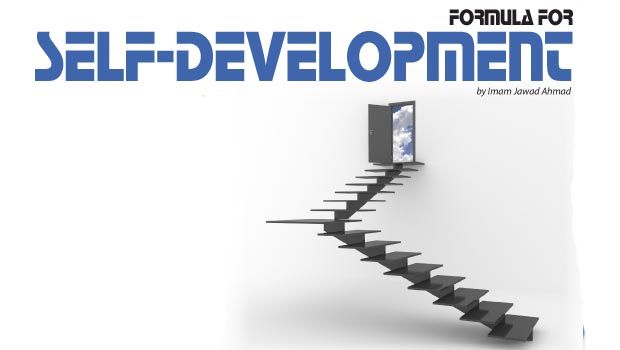Social media sites offer a virtual space where people can foster discussion and promote open dialogue while reaching out to a broad audience. Facebook, Twitter, YouTube, and various other social media platforms provide an interactive space where one can share perspectives on prominent issues or acquire detailed information about some niche hobby. These platforms give people a voice, especially when and where communication and free speech are restricted.
Let’s be optimistic and choose to believe that the greatest good can come from the trends inaugurated by electronic media and social networking
One has to accept that “what comes with the territory” of a free-for-all space in a virtual environment is that any and all views are out there floating in cyberspace. Thus the opponents of Islam are also utilizing the opportunity to spread their views. To counter any misleading and/or disinforming propaganda, we can reach out to non-Muslims directly and provide accurate information as well as refutations of false, hypocritical, or stereotypical arguments.
The positive changes that the world has seen in Tunisia, Egypt, Libya, and many other countries are clear evidence that political repression cannot stop truth and justice from laying claim to the course of history when people rally in solidarity and determination to bring about change. These uprisings of the will of the people could not have been possible without the social media playing a crucial role in informing, mobilizing, and connecting people. In fact, as Nadine Jurrat points out in Citizen Journalism and the Internet, “In repressive countries, eye witness reports and images taken by ordinary citizens are often the only testimony available and can help influence international politics.” Yet social media networking can just as well be a simple, positive experience for Muslims — to hang out, to interact, to experience a different culture, or best of all, to create a global Muslim culture.
We can use social media to advantage in various ways:
- Increasing message awareness and building relationships;
- Debunking myths and misunderstandings about Islam;
- Learning about other Muslim groups, cultures and organizations so as to promote understanding and appreciation of the diversity within Islam; and
- Making our organizations and centers more inclusive of Muslims across race, nationality, gender, age, and schools of thoughts.
For greatest effectiveness in using social media networking, Muslims should abide by the best standards of online conduct and personal integrity. This includes being careful not to engage in or express biased perspectives; making sure that we care about justice across the board so we don’t fall into the trap of crying out for the redress of grievances only when the affliction is our own, and keeping silent when others are oppressed; when participating in discussions or posting a blog, abiding by right-minded standards of “citizen journalism” like never plagiarizing others’ material, being sure of our facts, and avoiding the further spreading of unsubstantiated rumor or hearsay.
The Internet has given ordinary citizens the ability to transmit information globally. That was a power once reserved for only the very largest media corporations and news outlets. People can now participate in “citizen journalism” with little to no professional skills, with only the willingness and enthusiasm to engage and interact with others. ICNA has its presence on almost all the social media networking sites including Facebook, Twitter, LinkedIn, and YouTube. However, many Muslims still do not use these sites frequently and effectively.
Following are a few examples of networking sites that give us access to a variety of good causes and outreach from a diversity of Muslim individuals. AmericanMuslimMom.com is an online blog community whose stated mission is “To enlighten, educate, and empower moms, especially American Muslim moms living in America and abroad to take action.” It is designed to “help Muslim moms raise the next generation of pious believers in Islam.” Muslimvoices.org aims “to promote intercultural dialogue and understanding between Muslims and non-Muslims through podcasts, videos, public events, art exhibits and discussions.” Alwahy.com claims to be the largest Muslim social media site created for the modern needs of the ummah. These are but a few examples from among the hundreds of social media networking sites operated by Muslims. The traditional media will continue to provide news and information, to influence people, shape opinions, and too often, create myths and reinforce stereotypes. However, the new media techologies and various social networking sites offer tremendous opportunities for ordinary people to become “citizen journalists,”conveying their views and sharing their perspectives with others.
What is needed is the clarity and commitment to strive for the high-mindedness of those mentioned in the Quran: “And who is better in speech than the one who prays unto God and does righteous deeds and says ‘I am a Muslim’” (Quran, 41:33). We can strive for that objective knowing that “Indeed, Allah loves it when any one of you acts, so let him perfect it (reported by Al-Bayhaqi in Shoua’ab Al-Eman).






